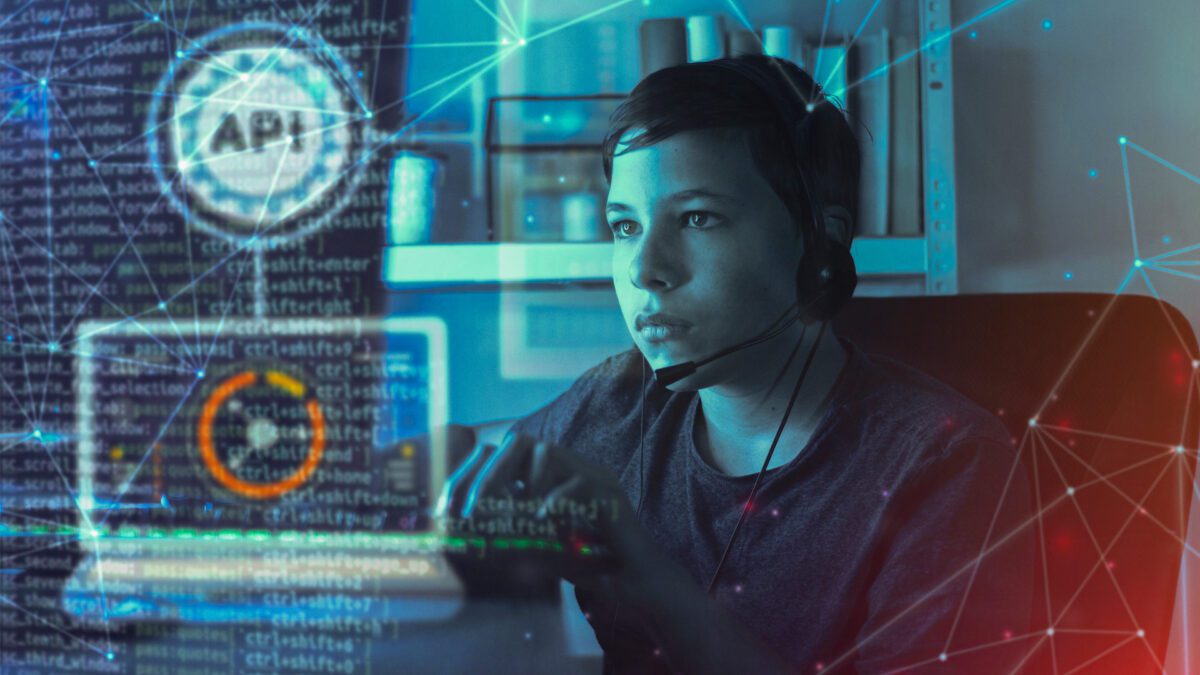Will AI End All Jobs? Elon Musk’s Provocative Prediction
At the Bletchley Park AI Summit on November 2, 2023, technology billionaire Elon Musk made a provocative claim that has sparked widespread debate: “Will AI end all jobs?” Musk’s assertion suggests that as artificial intelligence (AI) continues to advance, it could eventually eliminate the need for human employment altogether. According to Musk, in a future where AI is fully developed, individuals might only choose to work for personal satisfaction, as AI would be capable of performing all necessary tasks.
Musk elaborated on his vision, stating: “We are witnessing the most disruptive force in history. There will come a time when no job will be necessary—people can choose to work if they wish for personal fulfillment, but AI will handle all the other tasks.” This bold prediction raises the question: “Will AI end all jobs?” Musk’s perspective implies a future where the concept of work as we know it could be fundamentally transformed by AI technologies.
This viewpoint stands in stark contrast to the perspective of Prime Minister Rishi Sunak, who has argued that AI should be seen as a supportive ‘co-pilot’ rather than a threat to employment. In his speech on October 26, Sunak emphasized: “It’s crucial to understand that AI does not merely automate and displace jobs. Instead, it should be regarded as a co-pilot that enhances human capabilities and supports workers in their tasks.” Sunak’s comments prompt us to consider whether “Will AI end all jobs?” is an overstatement, or if AI will indeed complement rather than replace human labor.
Manny Athwal, founder of the School of Coding, disagrees with Musk’s bleak outlook. Athwal believes that rather than leading to job loss, AI will create numerous new employment opportunities. In an interview with HR Magazine, Athwal stated: “AI has a wide range of applications across various sectors, including medicine, finance, education, and transportation.
Technologies such as virtual assistants, self-driving cars, and advanced image and speech recognition systems are just a few examples. AI will drive significant innovation, which could lead to the creation of new industries and job roles. This progress raises the question: ‘Will AI end all jobs?’ but it is more likely that AI will enhance job creation and development.”
As AI continues to evolve, upskilling becomes increasingly important, according to Agata Nowakowska, AVP EMEA at Skillsoft. She notes that while AI may not replace all human work immediately, the shift will demand new skills and competencies. A recent Randstad study revealed that only 13% of employees received AI training in the past year, despite 33% already using AI tools daily. Nowakowska commented: “The impact of AI on jobs will not result in the complete replacement of human work in the near future.
However, the transformations brought by AI will necessitate new skill sets. It is essential for businesses to invest in AI training and upskilling programs to ensure employees can effectively and ethically leverage AI tools. The question of ‘Will AI end all jobs?’ underscores the need for continuous learning and skills development to adapt to the changing work environment.”
Chris Pedder, Chief Data Officer at Obrizum, while skeptical of the notion that human work will entirely disappear, acknowledges the potential for widespread job displacement. Goldman Sachs has estimated that AI could affect up to 300 million jobs globally. Pedder stated: “If AI makes human labor largely unnecessary, it could profoundly impact society. To manage this transition, robust regulations and policies are crucial.
Worker protections, including potential guaranteed income schemes, could offer stability amid economic shifts. Additionally, civic institutions that provide community and identity beyond jobs will become increasingly vital.” This perspective highlights the need to address the question: “Will AI end all jobs?” with a focus on regulation and support systems.
In conclusion, while Elon Musk’s prediction that “Will AI end all jobs?” presents a dramatic scenario, other experts argue that AI will not only create new opportunities but also require new skills. Balancing cautious optimism with proactive policy measures will be essential in navigating the future job market as AI continues to evolve and integrate into various industries. The ongoing debate around AI’s impact on employment underscores the importance of considering both the challenges and opportunities that this transformative technology presents.

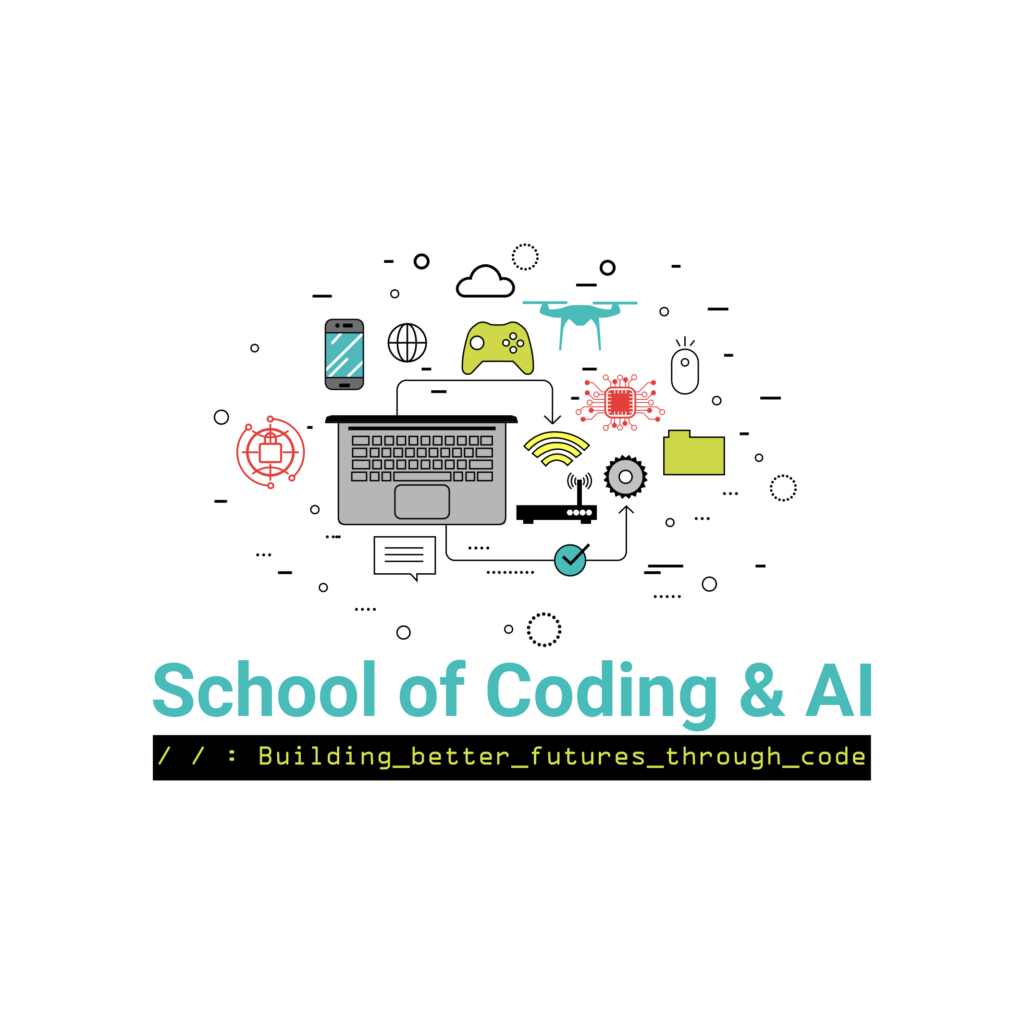
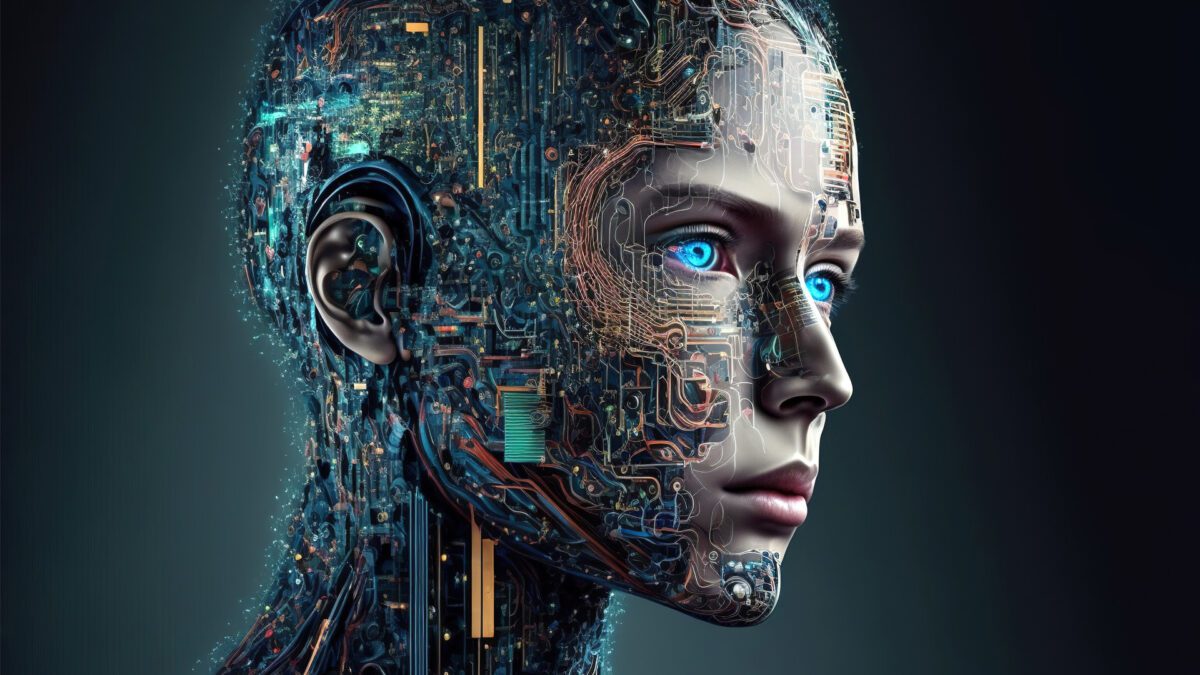
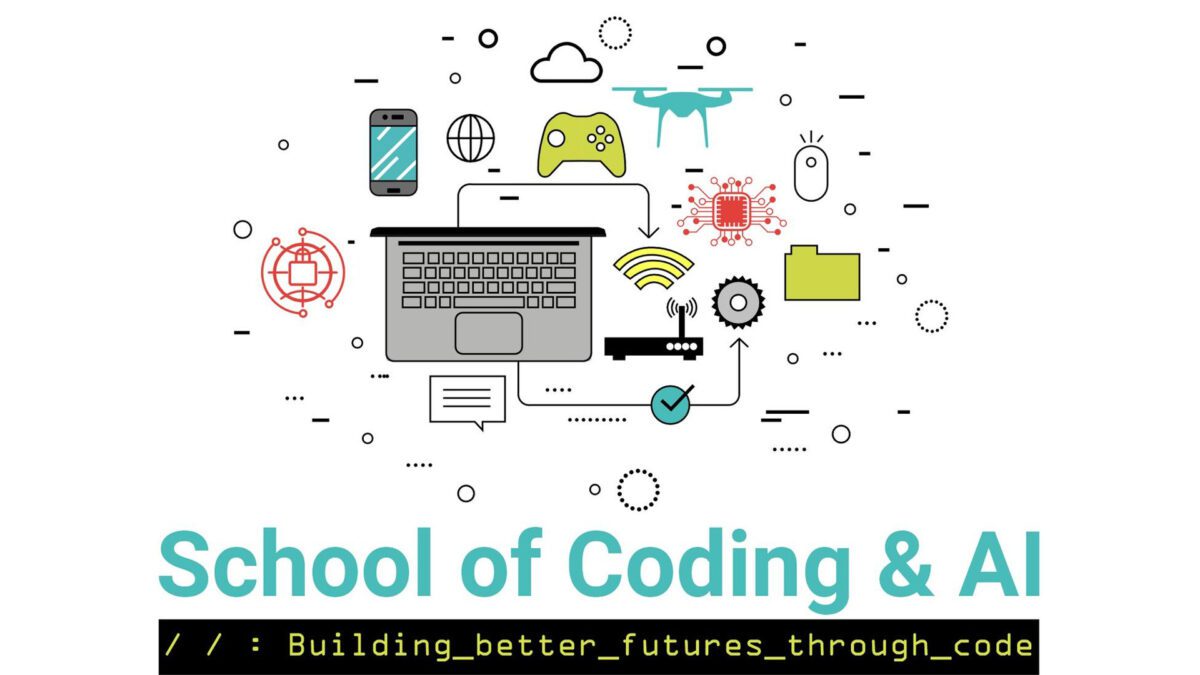
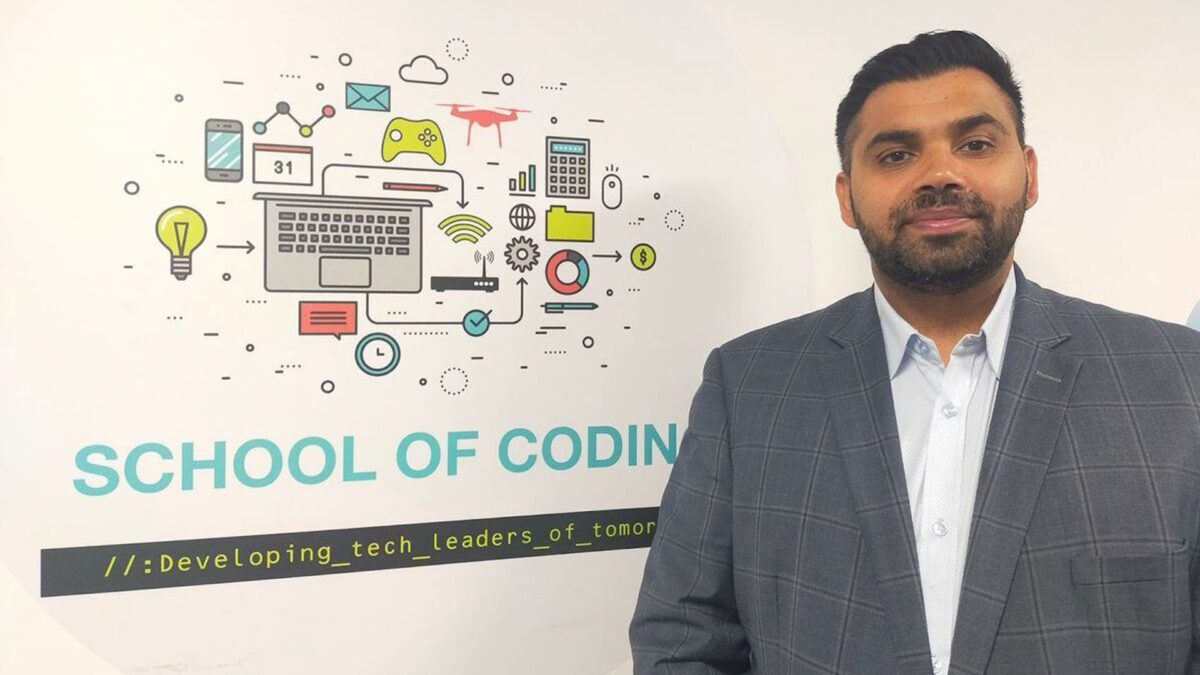
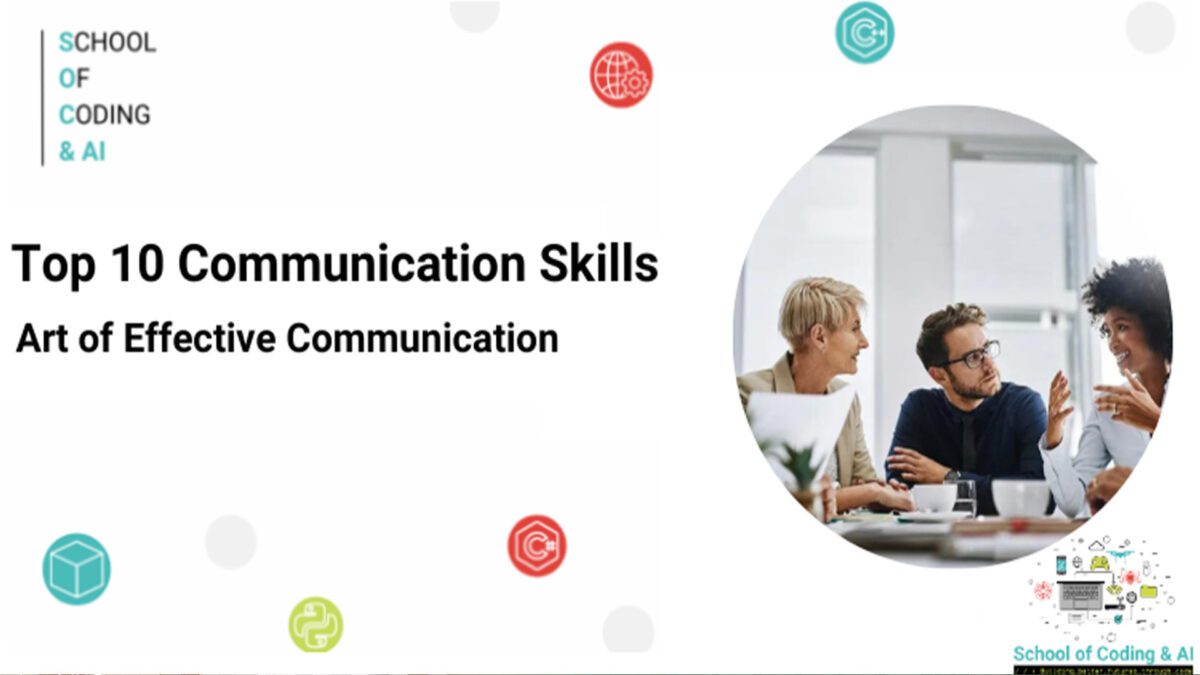
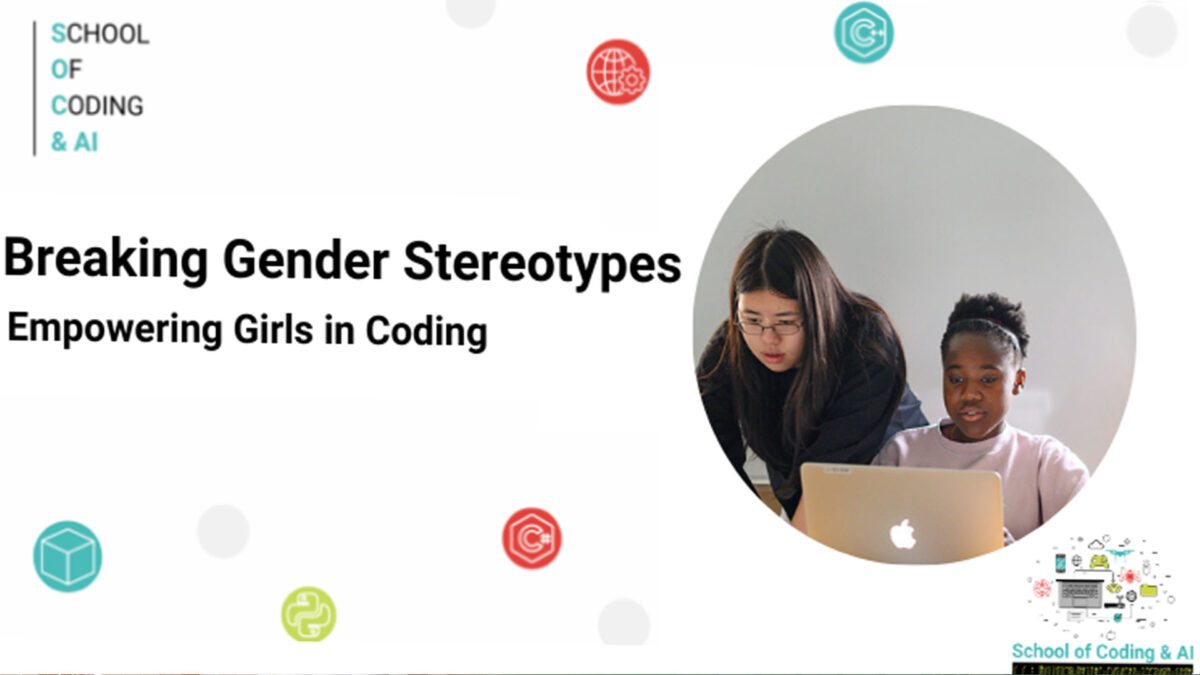
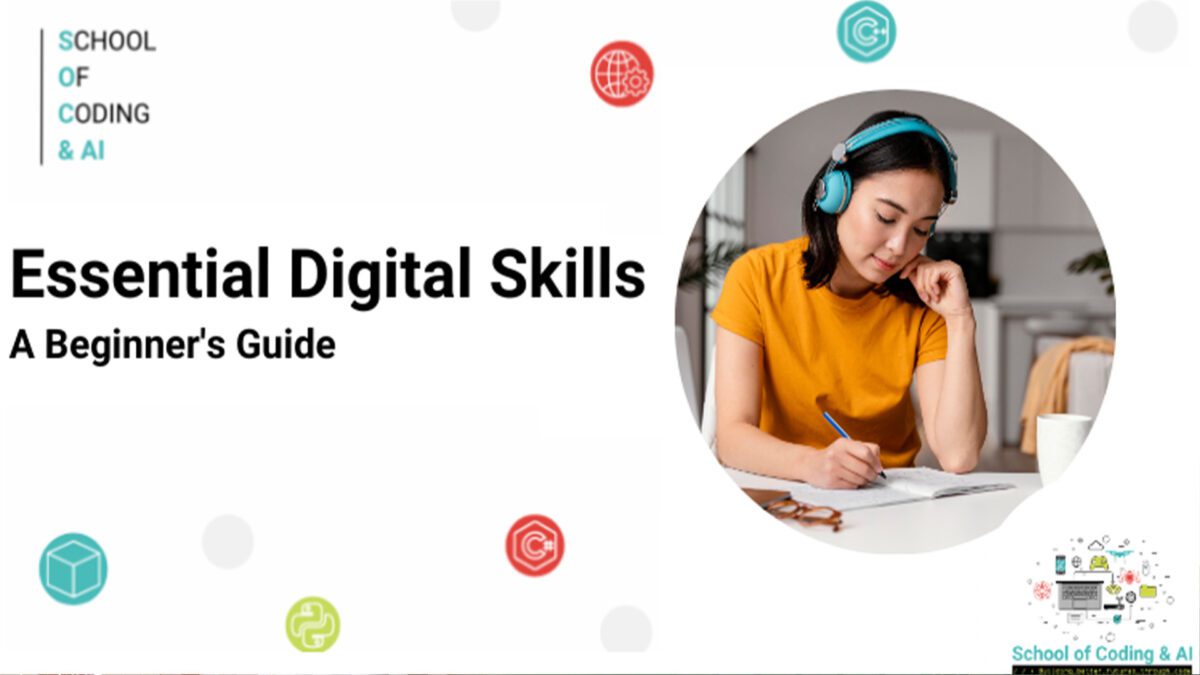
 Ready to embark on your Digital Shropshire Journey?
Ready to embark on your Digital Shropshire Journey? Join us at the School of Coding and unlock the skills you need to thrive in the digital age!
Join us at the School of Coding and unlock the skills you need to thrive in the digital age! Visit
Visit 


